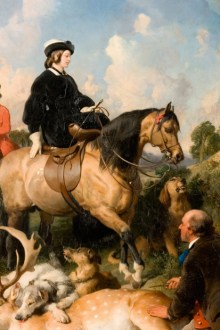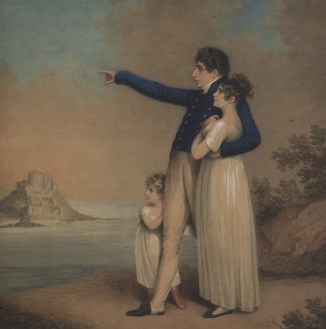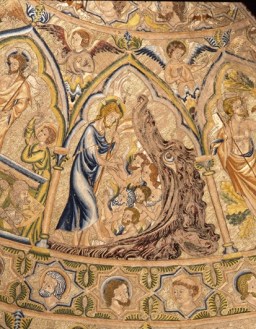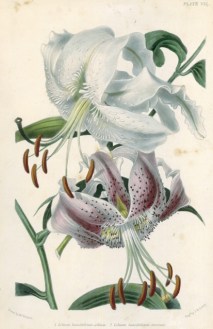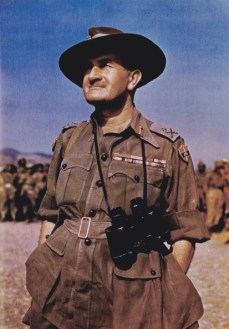Queen Victoria, by Matthew Dennison – review
When Prince Albert died in 1861, aged 42, Queen Victoria, after briefly losing the use of her legs, ordered that every room and corridor in Windsor Castle should be draped in black crepe. As a result, the country’s entire stock of black crepe was exhausted in a single week. One of the key factors of Victoria’s reign for Michael Dennison is that it was — not always consciously — a ‘performance monarchy’, in which the Queen sat in carefully fashioned stage-sets at Windsor, Balmoral or Osborne being discreetly ogled by the populace. This public posturing helped gloss over Victoria’s ‘dizzying’ contradictions, and the purpose of this short biography is to
